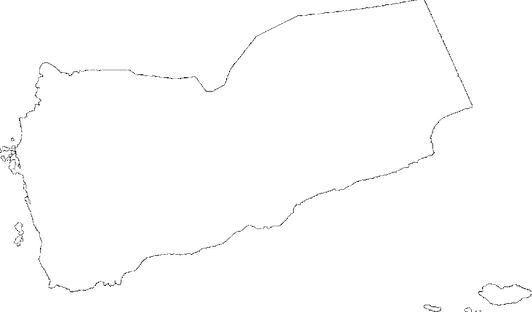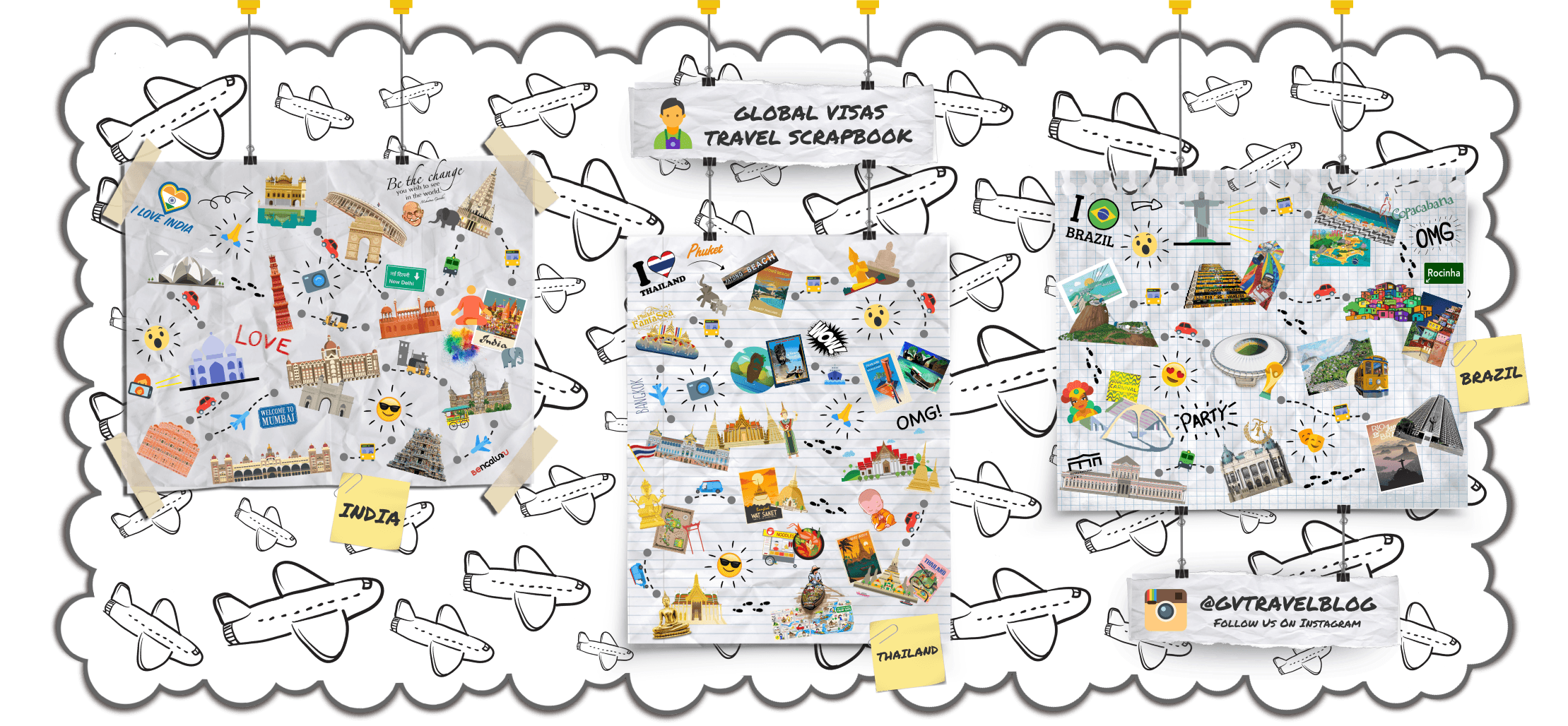Yemen is not an easy country to get around, since foreign nationals need travel permits and, in some regions, independent travel is not possible. There is a lack of road infrastructure in the eastern Mahra region, while all other Yemeni regions have hundreds of kilometres of newly built roads. If you are an intrepid traveller, the local transport (taxis, buses, aircraft) is perfect to get around on the cheap. More expensive, but more efficient travel is to book your tour via one of the registered tour operators, that are found on the Yemen Ministry of Tourism webpage. Be aware that there are many non-registered tour operators in Yemen offering lower quality services, providing non-relevant information and many times tourists do not get all the paid services. In case of any problem, the Ministry of tourism will not be able to help you if you choose to travel with a non-registered tour operator or services provider.
For trips outside the capital, many travellers prefer a car (preferably 4WD) and may choose to hire a driver through a local travel agency. More intrepid travellers should certainly take advantage of the local intracity bus service, which is cheap, comfortable, and a wonderful way to see the country. The buses usually take a pit stop every hour or so, making this a slower but much more interesting way to travel for those who are up for an adventure and some friendly conversation. The biggest company in Yemen is Yemitco, their offices can be found in major cities.
Additionally, all travel outside the capital will require a travel permit (tasriih) from the tourist police; their station is 30m up the canal from the Arabian Felix Hotel. You need your passport, list of destinations and how long you are going to stay outside the capital. No photos required, however bring a photocopy of your visa and the picture page in your passport, as the photocopier there often doesn’t work. This takes about 15 minutes. Office is closed from noon to (let’s say) 14:00. Then you take many photocopies of the tasriih which you hand over at military checkpoints along the way. This may seem inconvenient, however it is designed to prevent travellers unwittingly venturing into areas of tribal unrest—and vice versa. Some areas of the country are off-limits to travel without military escorts, and still other areas are totally off-limits to travel. While the concept of staying informed about local conditions in your intended destinations is an overused one, in Yemen it is essential, as failure to do so may result in kidnappings or worse. No tasriih is checked if you fly to main cities in Yemen, like Aden, Al-hudaida etc.
The usual Middle Eastern shared taxi system exists in Yemen. In every city and often in towns there is at least one shared taxi (bijou, from Peugeot) station, from where cars go to different destinations. Just ask anyone for your destination and they will point you to a car going there. The driver will not depart until all seats are completely full, which means 2 people in the passenger’s seat, four in the middle and three in the back in a standard Peugeot almost invariably used for this purpose. If you want to travel in more comfort, you can pay for two seats or for the whole row. If you’re a woman travelling alone you might be offered two seats in front for the price of one, but often you’ll be asked to pay for both.









